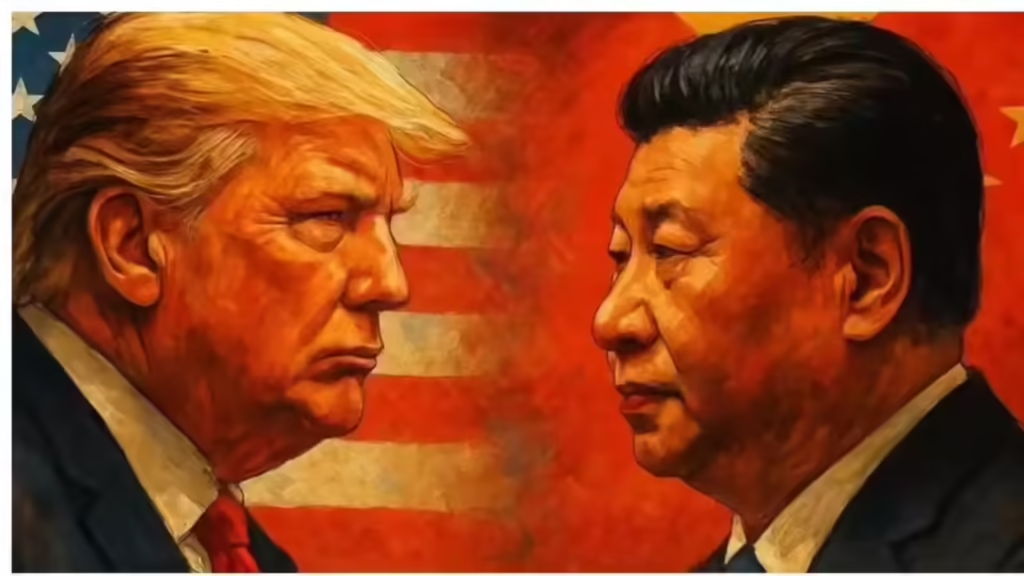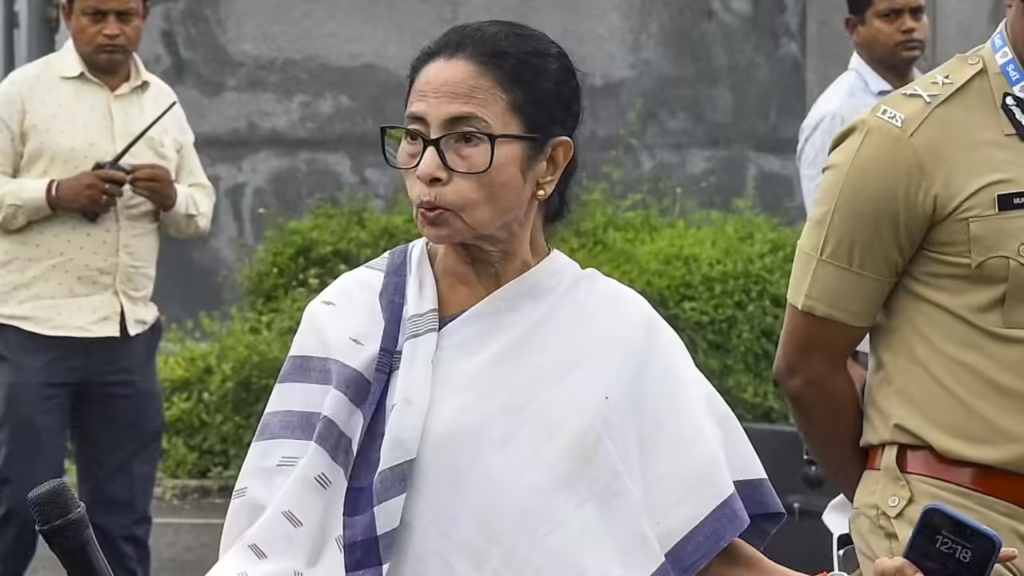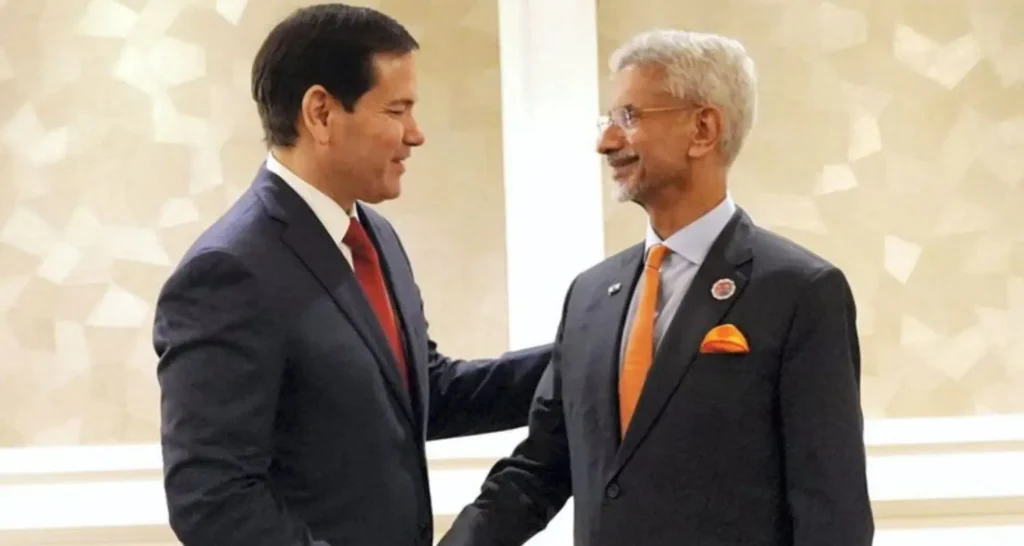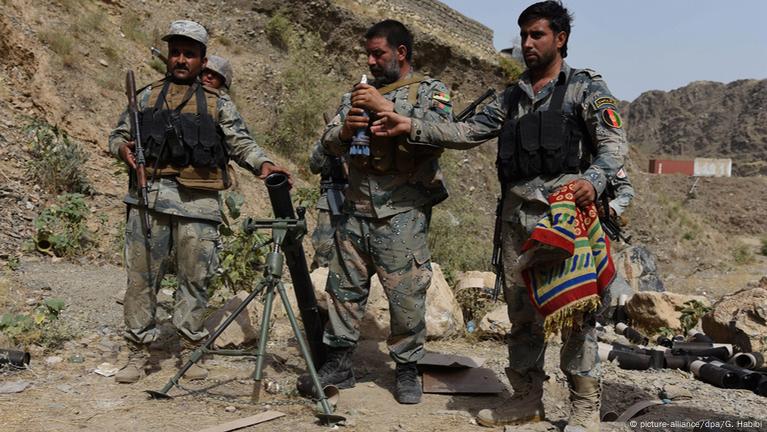Now Reading: Rahul Gandhi Questions PM Modi Over Trump’s Russian Oil Remark, Launches Sharp 5-Point Critique
-
01
Rahul Gandhi Questions PM Modi Over Trump’s Russian Oil Remark, Launches Sharp 5-Point Critique
Rahul Gandhi Questions PM Modi Over Trump’s Russian Oil Remark, Launches Sharp 5-Point Critique
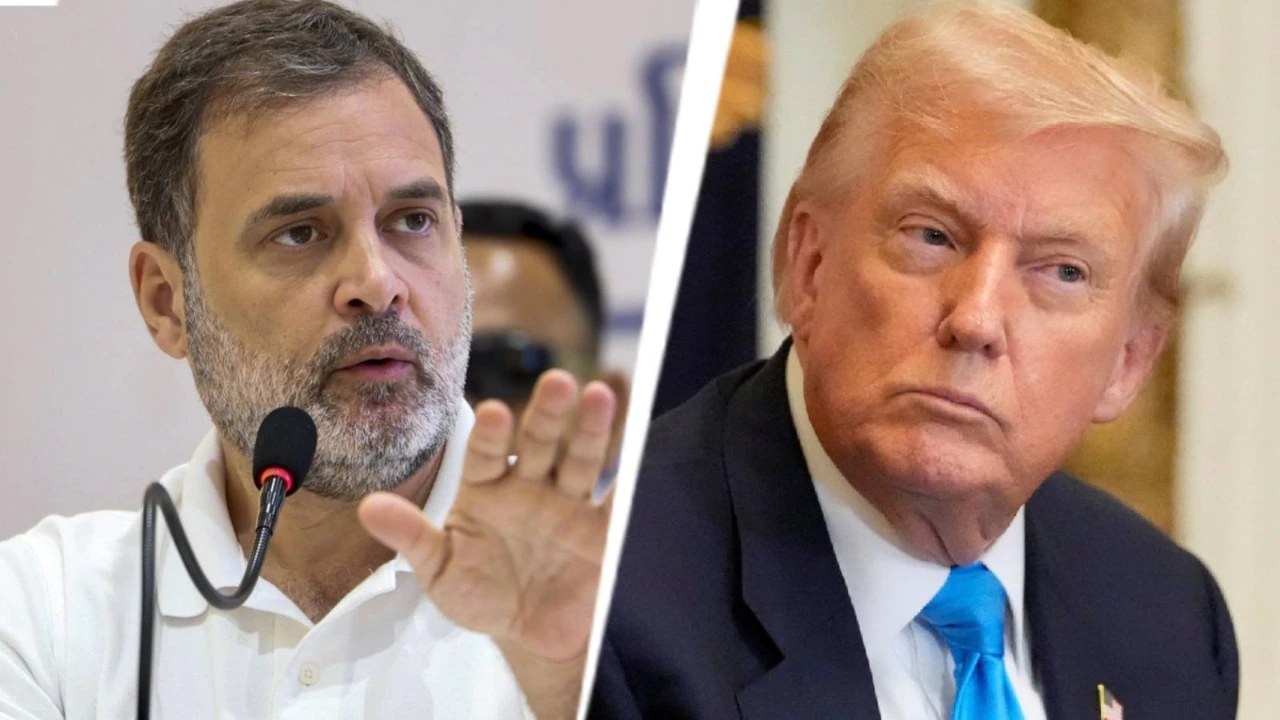
Congress leader Rahul Gandhi has launched a strong attack on Prime Minister Narendra Modi after former US President Donald Trump’s claim that India bought large quantities of oil from Russia under Modi’s leadership. Gandhi questioned the government’s transparency in foreign deals and accused Modi of prioritizing personal image over national interest.
In a detailed post, Gandhi outlined five key points challenging the Prime Minister’s approach to governance. He claimed that India’s foreign policy under Modi has tilted towards “showmanship” rather than strategic balance. According to him, India’s global reputation is being compromised by unclear diplomatic decisions and inconsistent stands on international issues.
Gandhi’s first criticism centered on what he called the government’s “lack of accountability” in disclosing the terms of major trade and energy deals. He alleged that decisions made without proper parliamentary discussion hurt India’s democratic framework.
His second and third points questioned India’s economic dependence on imported energy and the impact of fluctuating global relations on fuel prices in India. Gandhi argued that instead of long-term reforms in renewable energy and domestic production, the government has relied on foreign deals that make India vulnerable to global pressures.
The fourth point targeted what he described as the “politicization of diplomacy.” He said that the Prime Minister’s foreign visits are often more about image management than outcomes, suggesting that the focus has shifted from policy to publicity.
Finally, Gandhi accused the Modi government of ignoring citizens’ economic struggles while projecting India’s strength abroad. He said that the government’s energy and foreign policies should reflect the needs of ordinary Indians rather than elite narratives.
The BJP responded, calling Gandhi’s comments politically motivated and dismissing his allegations as baseless. Party leaders said that India’s foreign policy under Modi has strengthened global ties and enhanced the country’s energy security.
What this exchange reflects is the widening gap between the ruling and opposition narratives on India’s international strategy. As global politics becomes more unpredictable, the debate over how India balances diplomacy, economy, and accountability is likely to intensify in the months ahead.








